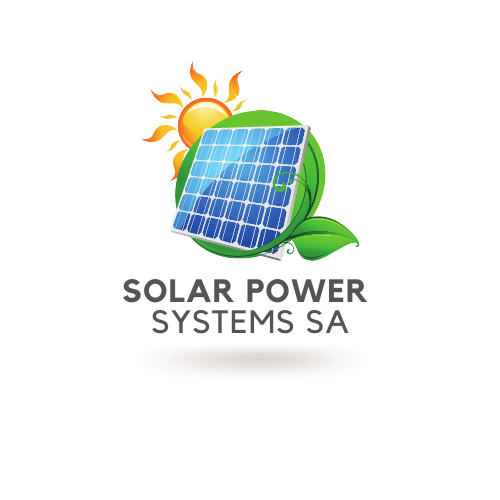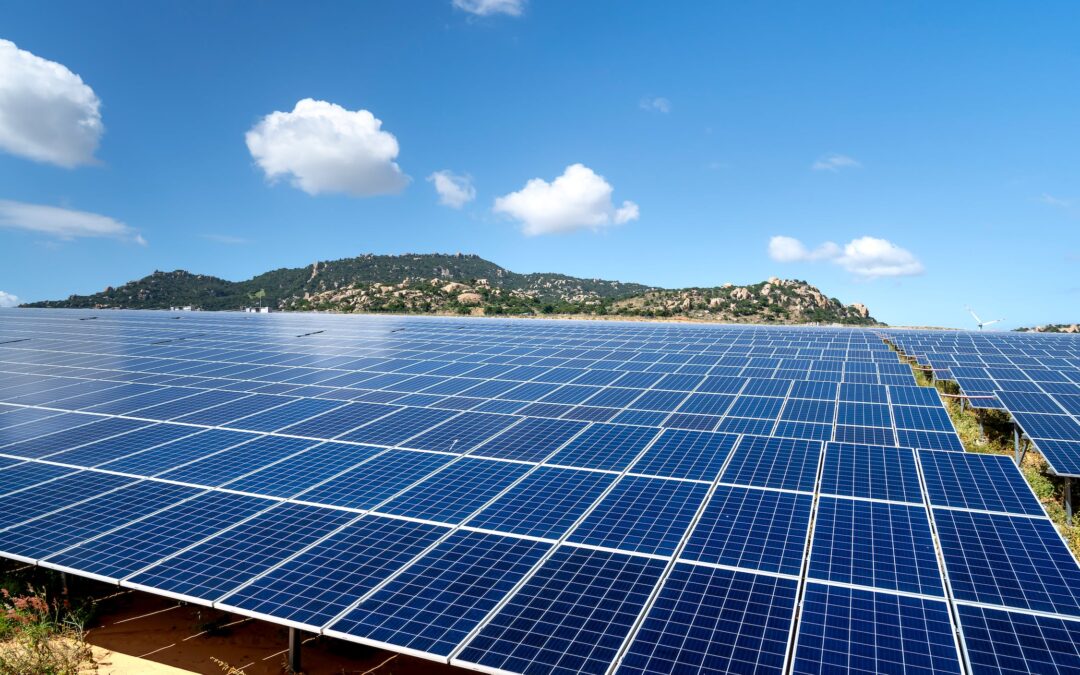If you use solar power for your company, you’ll have a significant financial advantage in terms of reduced energy bills. First, the system will save on the cost of electricity that was originally purchased from the national grid, and it’ll also minimize your carbon emissions.
Solar finance is a practical option for companies with low upfront costs. After investing some money, they won’t have to pay anything else and will use the system over the next 25 years.
If your company cannot afford to outlay a large amount of capital for a solar power system, there are many solar finance options available to you. Solar financing options generally allow businesses to pay only for the solar energy they use, based on the type of agreement that is entered into. In this blog post, we will explore various commercial and industrial solar finance options for South Africa.
What you need to know about solar finance options in South Africa
Simply put, solar finance lets businesses enjoy the benefits of solar PV without having to invest in the capital up front. It can be likened to renting a solar system. Businesses do not have to buy their own panels upfront, but can still enjoy the benefits of diversification of energy sources and reduced energy costs.
Solar finance is a particularly attractive solution if:
– A business does not have the capital to buy solar panels upfront
– A business has multiple business premises and cannot afford to install solar at all locations
– A business is aiming to reduce their energy bill without impacting their cash flow
– A business wants to plan for future electricity price hikes and mitigate the impact of massive increases on their bottom line
A solar financing option will entail a custom-built, embedded solar system being installed on your building. Instead of the ownership being with you, the building owner, it will belong to the finance provider or solar developer. This differs from wheeling green energy or buying renewable certificates as an installed solar power system will provide reliable power that won’t harm you financially.
If you own your own solar system, the building will be powered by the sun and all power generated by the system can be utilised by the business. Obviously if you can afford to install your own solar panels, this is the way to go.
Perhaps you don’t want the headache of raising capital and then maintaining a solar power system. In this case, entering into a power purchase agreement or solar roof rental agreement is a good option. The company with whom you are partnering specializes in design, operations, and maintenance. In doing so, your business can maintain its independence and only pay for the power that it uses.
Solar Finance Options available to Businesses
There are three different types of solar finance agreements that are generally used for commercial and industrial business owners in South Africa:
Power Purchase Agreement (PPA)
Most businesses obtain solar power through a Power Purchase Agreement.
When a company enters into a power purchase agreement, they only need to pay monthly for what the panels generate, much like they would with a municipal or utility power. This rate gradually increases over time, but unlike utility rates, it always follows an agreed-upon escalation that protects the business from volatile prices.
It is crucial to include an “early purchase option” in this agreement, which enables you to purchase the solar power system outright at any stage after the initial contract period. This gives you more flexibility should you decide to forgo the PPA and take ownership of the solar power system.
At the end of the PPA period, the client is either offered to purchase the system at its residual value or they automatically get ownership when the term ends. The starting tariff can be influenced by who owns the system at the end of the contract period so be clear about your plans before entering into the contract.
Solar Roof Rental Agreement
The second type of solar finance is a solar roof rental agreement. Businesses allow solar providers to install solar systems on their rooftops and sell the energy back to them under long term agreements, usually 20 years. The solar developer may also choose to sell all power generated back to the grid, depending on your agreement.
If you are the owner of a commercial or industrial building, you can rent the roof out to solar companies. This would allow you to earn rental income and also have a system installed on your roof. This transforms un-utilised roof tops into an income-generating asset.
Equipment Rental or Asset Leasing Agreements
With a solar asset lease agreement, you pay a fixed fee every month to use a solar PV system installed at your business premises. Instead of paying for the energy generated in a specific month, you would pay the same price each month according to an agreed-upon tariff.
Are Fixed Tariffs a Risk or a Reward?
Conservative business owners might be reluctant to agree with a fixed tariff escalation on their energy costs. They could take the risk of signing up, only to find out that the price of state power has gone down significantly in the coming years.
This is a fair question. To mitigate increased prices, the rate increase in a PPA should be significantly lower on average than that of your utility’s escalation. For example, in Southern Africa, tariff escalations for many eligible state utilities have been quite high and their rates fluctuate considerably year-on-year. A personal power agreement varies between 5-10% per annum, with Eskom and NamPower having 13.8% and 13.4% ten-year averages respectively.
With this offer, the company can set the PPA price to be at the same level as the utility rate in year one.
Final Thoughts
Solar financing is a very helpful way of promoting accessibility to solar PV solutions across Southern Africa. It offers both flexibility and stability and is readily available to business owners.
Need information on solar finance solutions? Apply for solar roof rental or solar leasing on our website.

